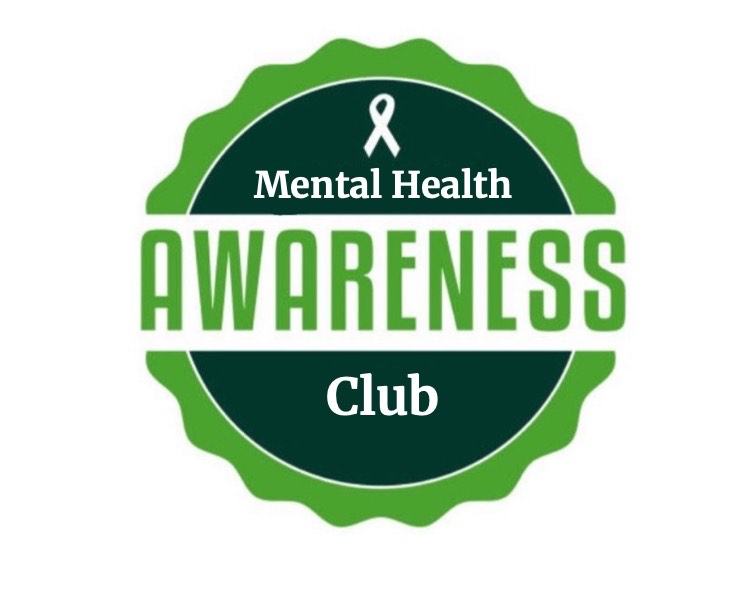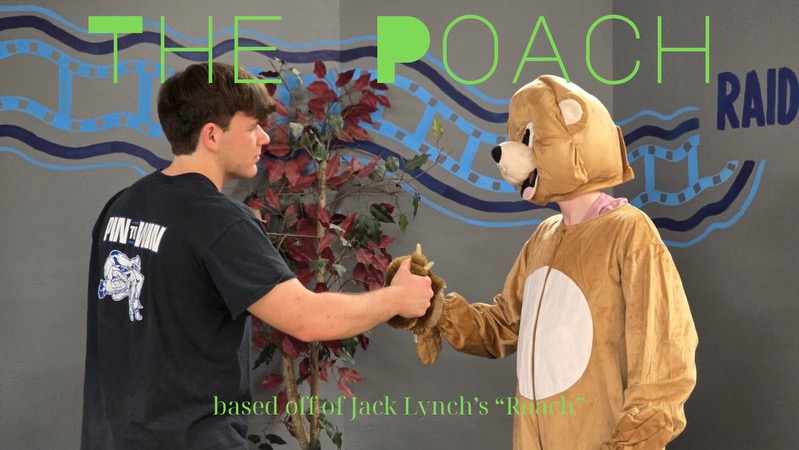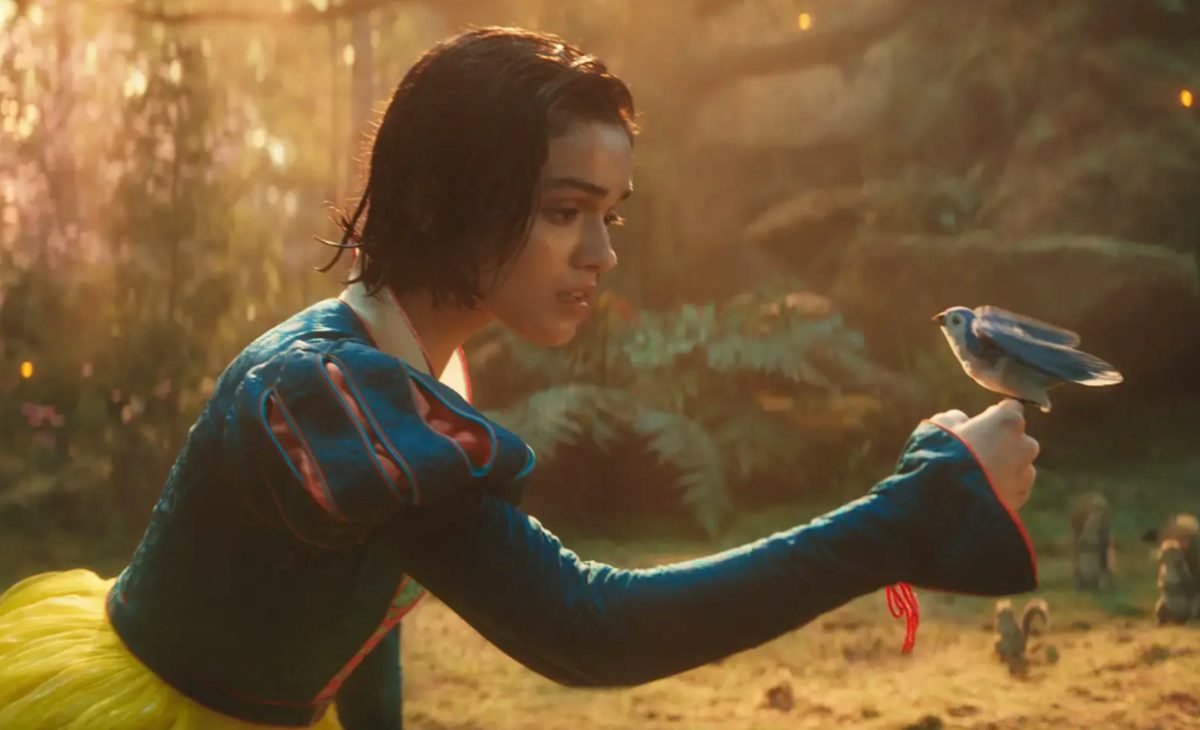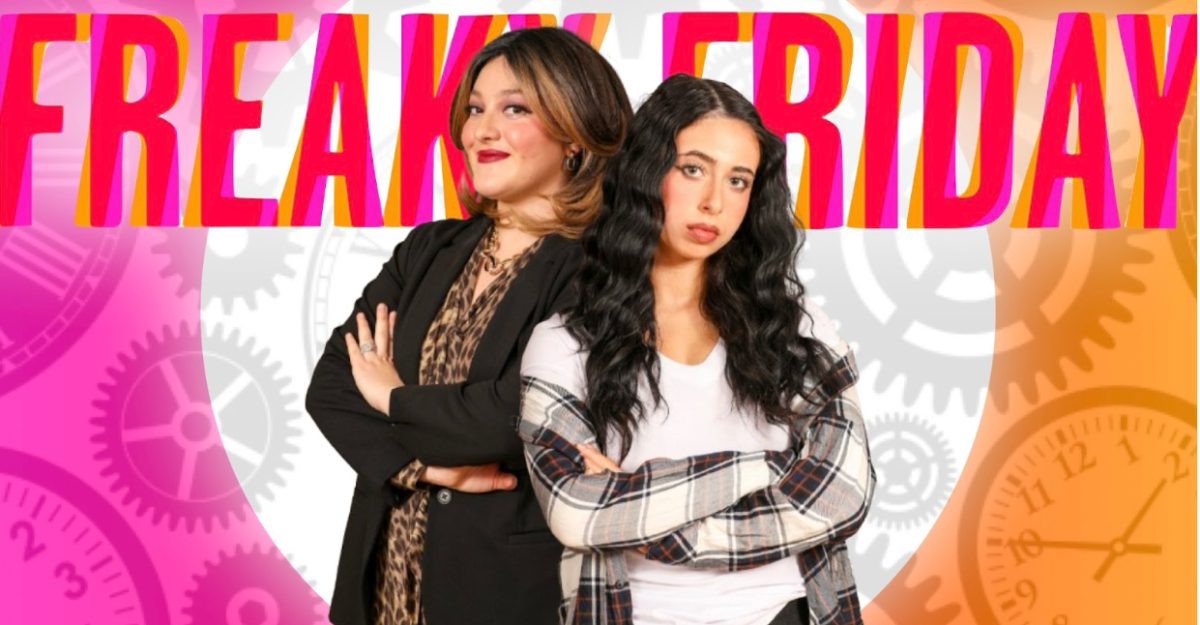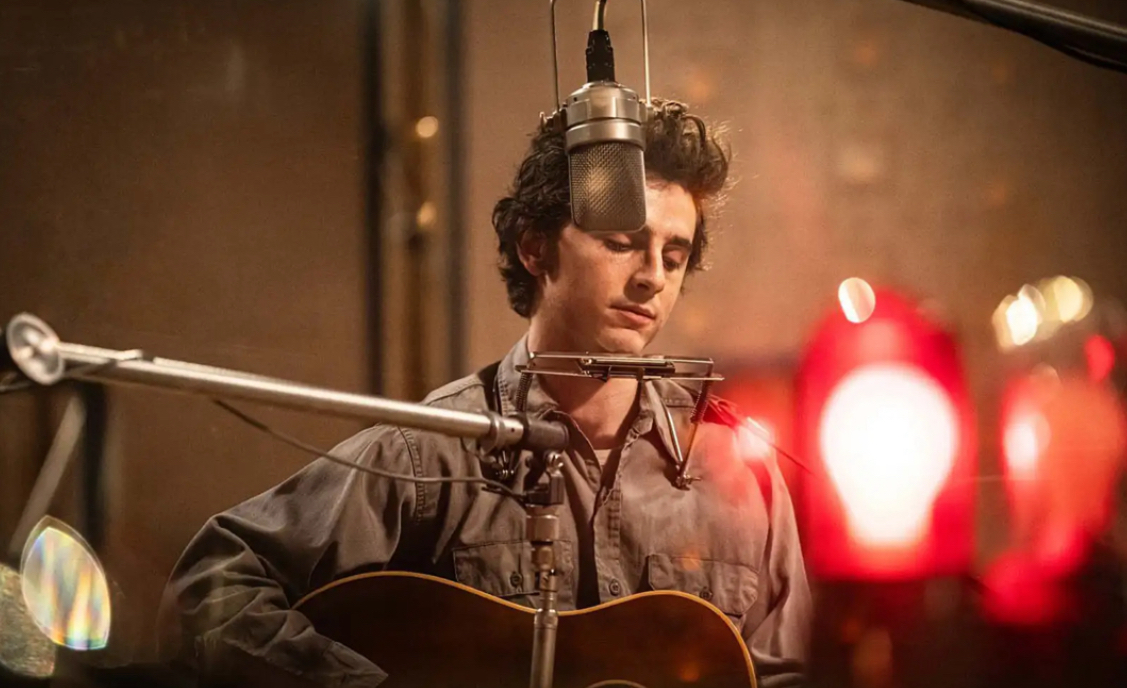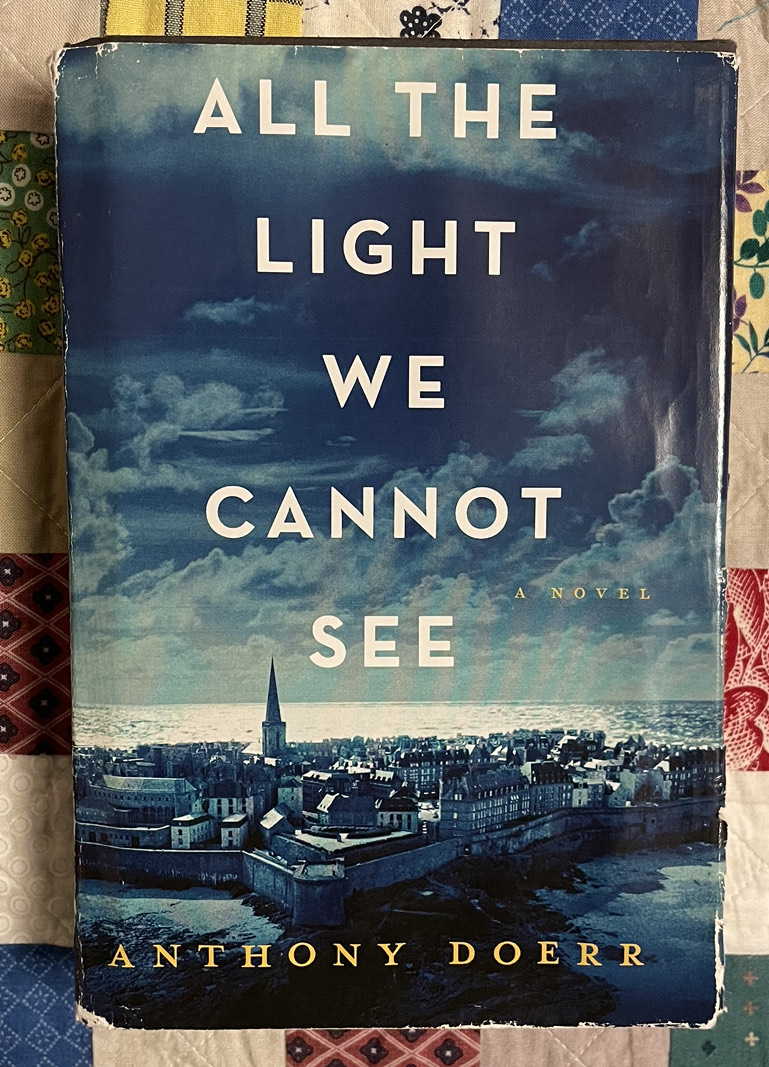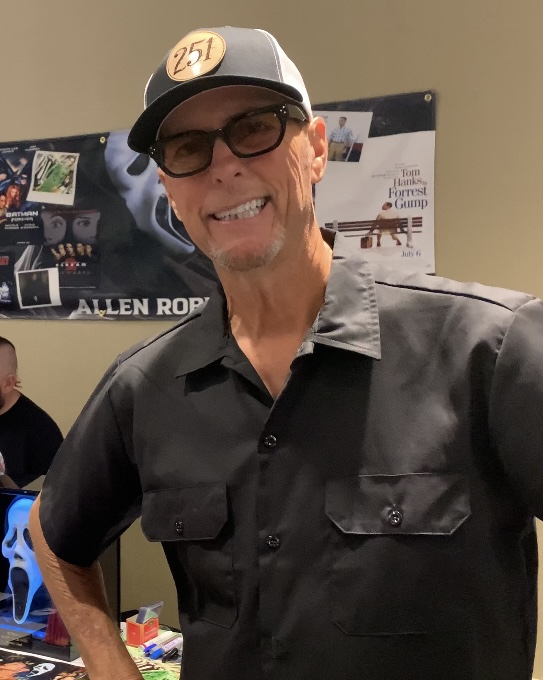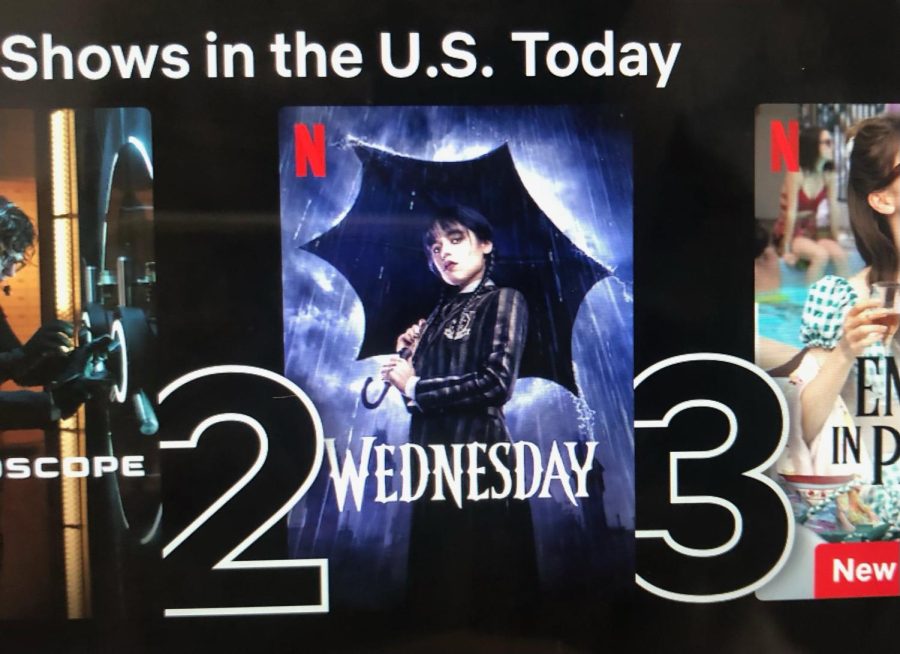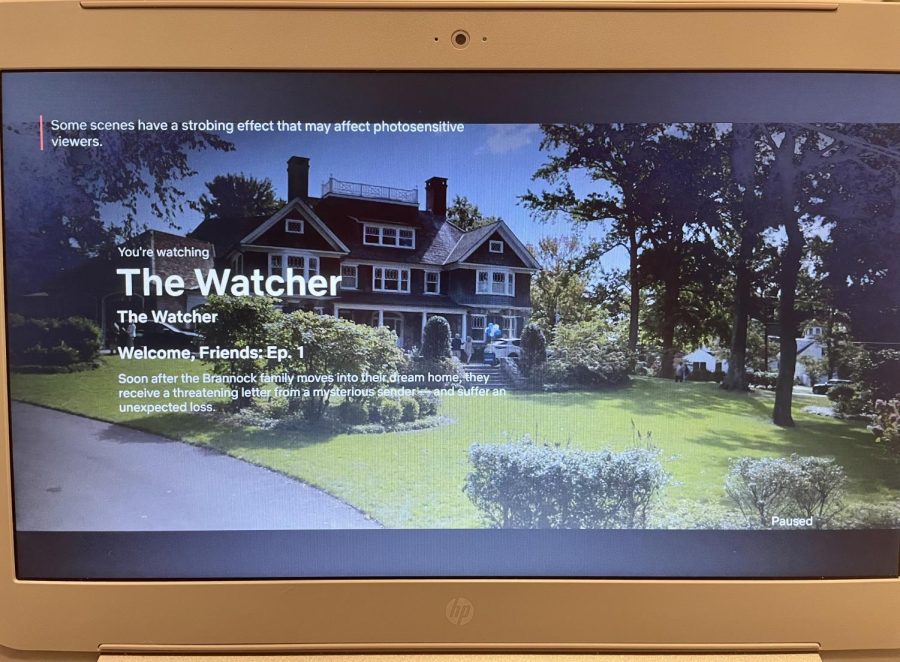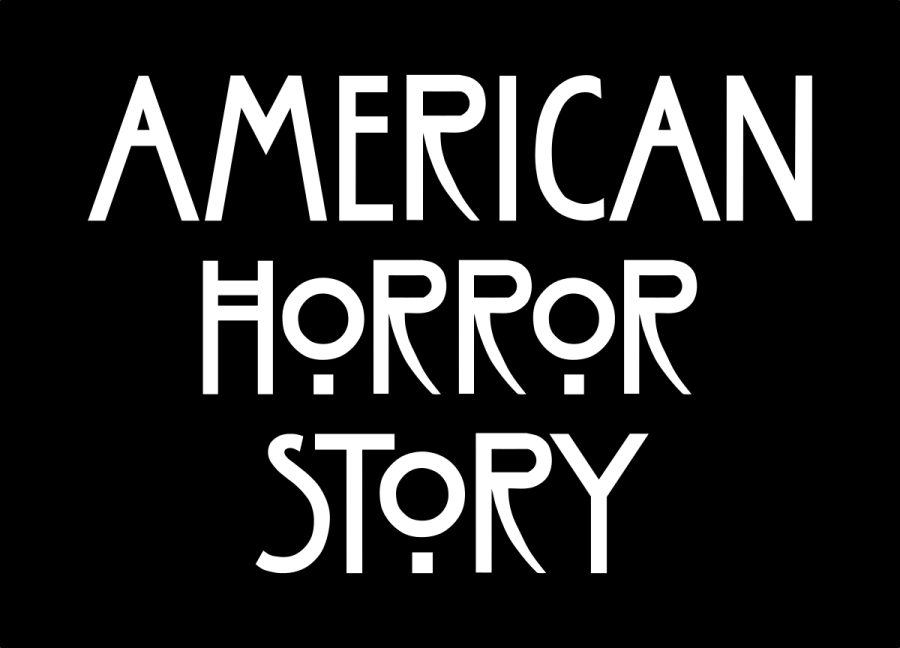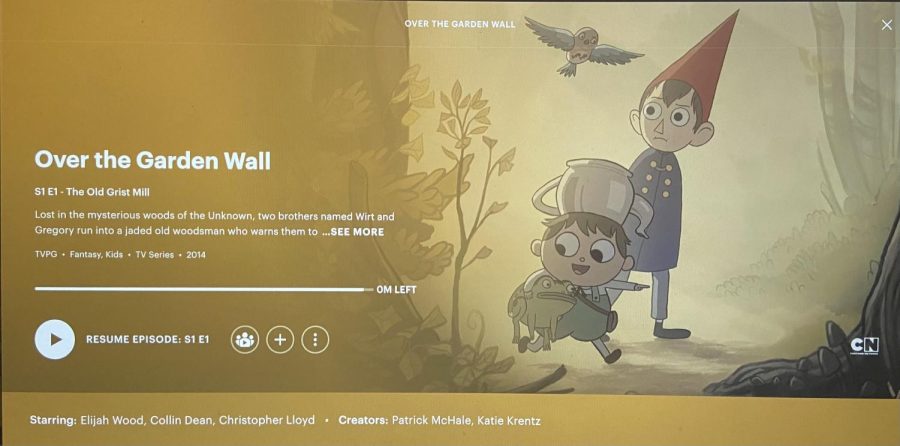Nine seasons of “The Office.” Eight seasons of “How I Met Your Mother.” 31 seasons of “The Simpson’s” and counting. All of these shows are classics- household names likely to be familiar to even those who haven’t watched a single episode. They all have loyal fan bases and were well-received by critics, which undoubtedly helped them stay on the air for so long. What they also have in common, however, is that many argue they dragged on, or are dragging on, for just too long. Does any TV show really need more than seven seasons to get a story across, let alone 31? And at what point does a show start to lose its creative integrity in order to pander to their audience?
There are a couple of factors that generally lead to a show’s demise, one of the biggest being the departure of main characters. This happens all the time for many different reasons, whether it be creative differences, better opportunities for actors or just the direction in which the writers want the story to go. Regardless of whether or not a character’s departure was planned from the very start, it is extremely difficult to recover from such a loss.
Losing a character is one thing; what really makes or breaks a show ends up being what direction writers decide to take after the fact. In the end, sometimes it is best to end the story in a good place, perhaps even in the peak of its popularity.
Take “The Good Place” as an example.
Prior to the beginning of the show’s fourth season, the showrunners decided that it would be best to leave things as they were after the last episode of the fourth season. This was a decision that surprised many; the show was progressively getting better, constantly receiving rave reviews from both consumers and critics alike. With this support from fans and critics, it would not have been difficult for them to get renewed for many more seasons over the years. But the show’s creators believed that the story they wanted to tell had already been told- why keep making episode after episode and season after season if there’s really nothing substantial left to say?
Junior Abby Ryan believes that the creators were right to do what they did.
“I think this was definitely the right decision because even though it was a relatively short show, we were given a lot of closure and the show ended in a very thoughtful way,” Ryan said. “I’m a little sad that there won’t be any more seasons to watch, but I think they wrapped up everything they needed to.”
It is at this point when a show can begin to go off of the rails. With nothing valuable to a storyline left to tell, writers begin to pull plotlines out of thin air in a desperate attempt to keep their audience happy. Already well-established characters may begin to do things out of, for lack of a better word, character, and make the viewers just end up confused. What once was a well-received and respected show loses its integrity, possibly even tarnishing its legacy for good.
This being said, not everyone thinks the same thing. Some argue that it is better to be able to enjoy more of a show that might not be as good, rather than being left with too many questions.
“I would rather a show drag on for too long because if it ends too early, I’m left wanting more which is unsatisfying,” junior Carly Rinaldi said.
Ryan disagrees.
“I think it’s better for a show to end prematurely because it’s better to be left wanting more than to be disappointed with a show that you love so much,” Ryan said.
Although it is hard for some people to accept, the bottom line is this: in general, it is better for a show to end prematurely than to be dragged out for far too long. Nothing is more satisfying than to see a well-timed and thought out finale to a great show, but nothing is more painful than to watch a great show slowly become worse and worse just because its creators want to make their audience happy, no matter the cost.
Quit while you’re ahead: Hollywood’s addiction to double-digit seasons
March 21, 2020

0
Tags:
More to Discover
About the Contributor

Natalia Nervi, Print EIC
Natalia Nervi is a senior and one of the Editors-in-Chief of The Fanscotian. She has been on the staff since her sophomore year. Journalism is by far her favorite class–look on Mr. Koetzner’s desk and you just might find a mug she made with his face photoshopped on to the members of NSYNC!




